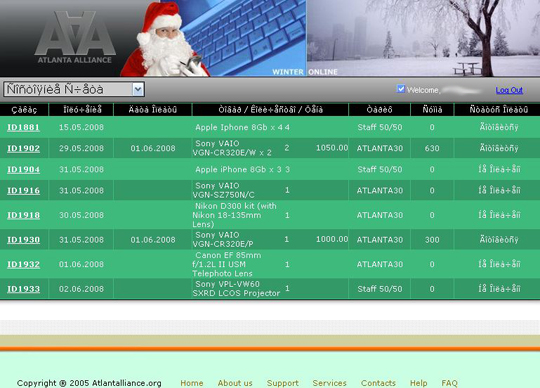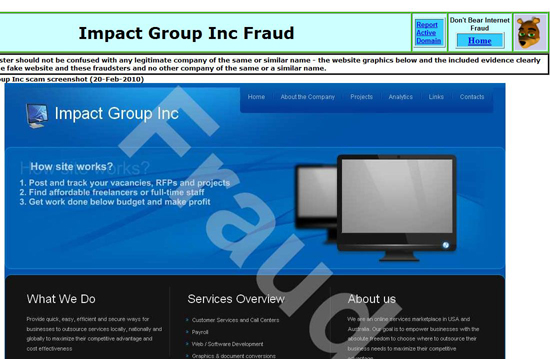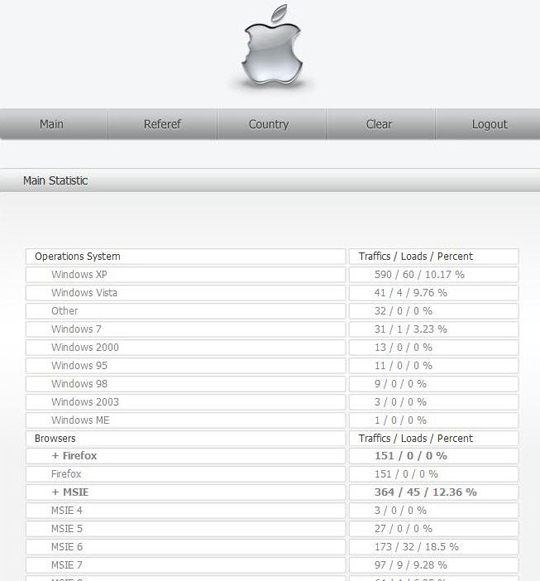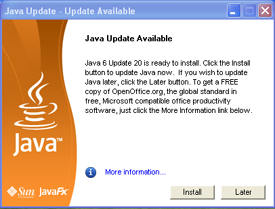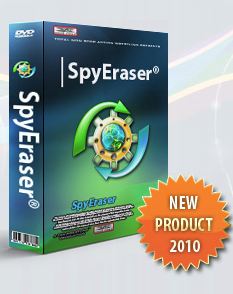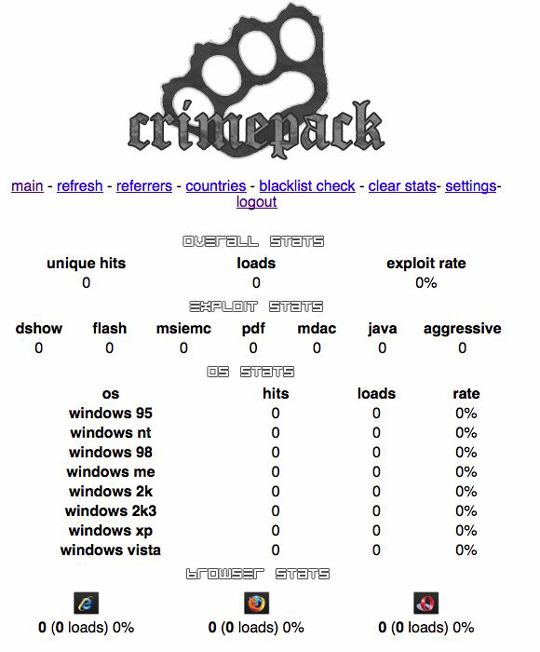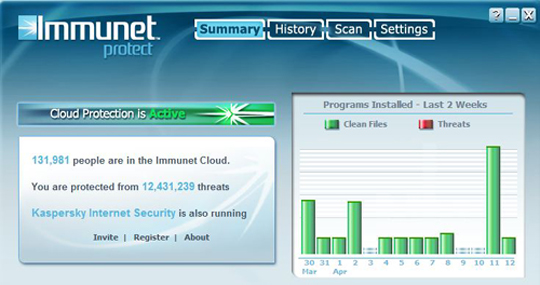McAfee‘s anti-virus software is erroneously detecting legitimate Windows system files as malicious, causing reboot loops and serious stability problems for many Windows XP users, according to multiple reports.
The SANS Internet Storm Center has received dozens of reports from McAfee users who complained that a recent anti-virus update (DAT 5958) is causing Windows xP Service Pack 3 clients to be locked out. According to SANS incident handler Johannes Ulllrich, McAfee is flagging “svchost.exe” as malicious. Svchost is a common system process typically used by multiple legitimate programs on a Windows system (although malware does often inject itself into this process), so having an anti-virus program that flags the process as a threat could cause major problems on a host system, Ullrich said.
“The [reports] keep coming in,” Ullrich said. “Systems either get stuck in a reboot loop, or networking is no longer working.”
One symptom seems to be that McAfee reports that user systems are infected with W32.Wecorl.a. The anti-virus program’s attempts to destroy or quarantine that targeted process then forces the Windows machine into a reboot cycle.
McAfee’s own support forum is currently queuing up with a large number of users piping in with stories about how the incident is affecting their operations. That thread,which began at 9:54 a.m. today, has more than 27,000 views and 83 replies.
Stay tuned for more updates as available.
Update, 1:56 p.m. ET: McAfee released the following statement regarding this event. “McAfee is aware that a number of customers have incurred a false positive error due to incorrect malware alerts on Wednesday, April 21. The problem occurs with the 5958 virus definition file (DAT) that was released on April 21 at 2.00 PM GMT+1 (6am Pacific Time).
Our initial investigation indicates that the error can result in moderate to significant performance issues on systems running Windows XP Service Pack 3.
The faulty update has been removed from McAfee download servers for corporate users, preventing any further impact on those customers. We are not aware of significant impact on consumer customers and believe we have effectively limited such occurrence.
McAfee teams are working with the highest priority to support impacted customers and plan to provide an update virus definition file shortly. McAfee apologizes for any inconvenience to our customers.”
Update, 3:51 p.m. ET: McAfee’s main support forum is down due to an “unusually large traffic.” McAfee has posted a separate thread here that includes a couple of workarounds for customers struggling to deal with this problem.





